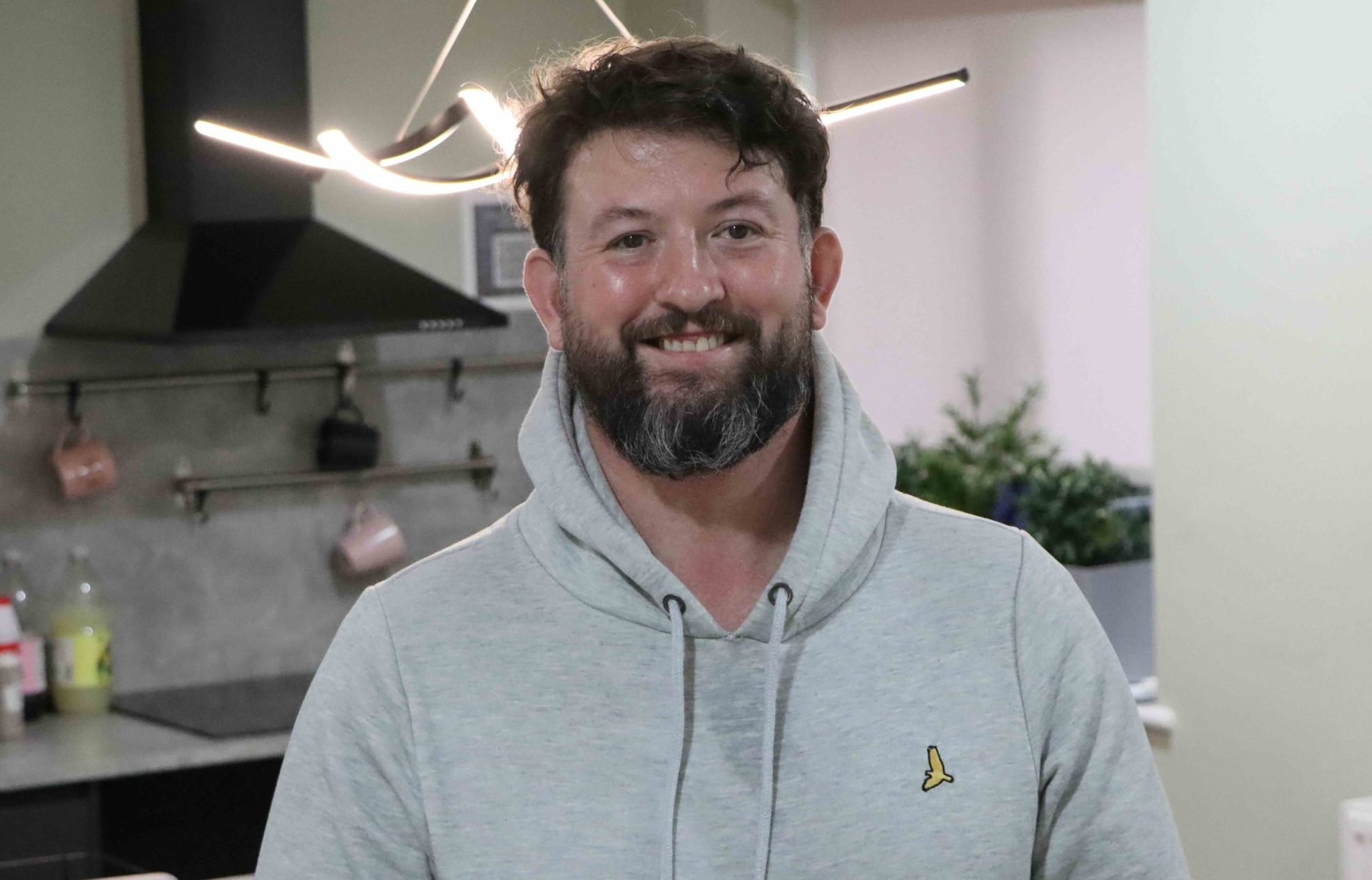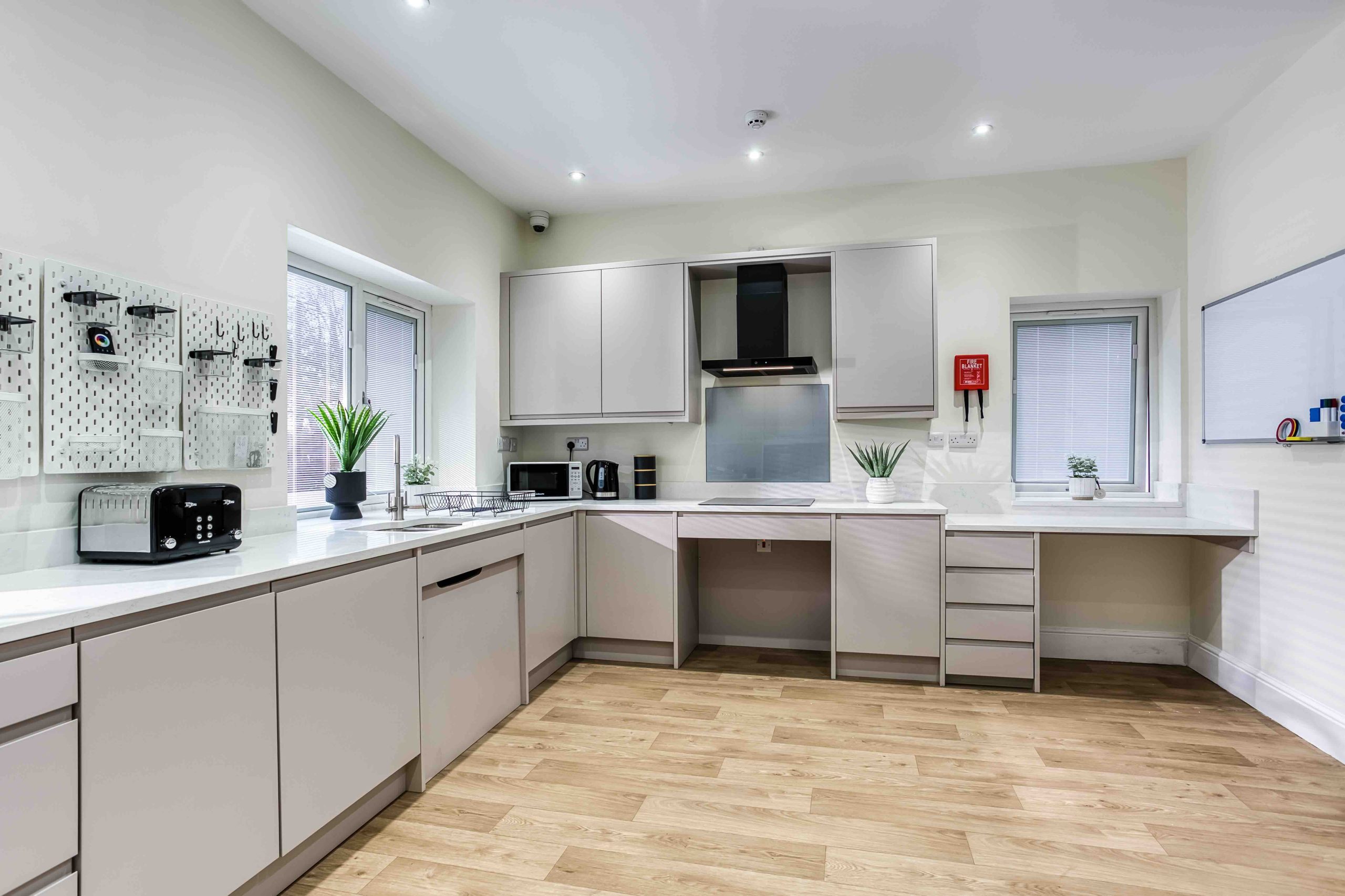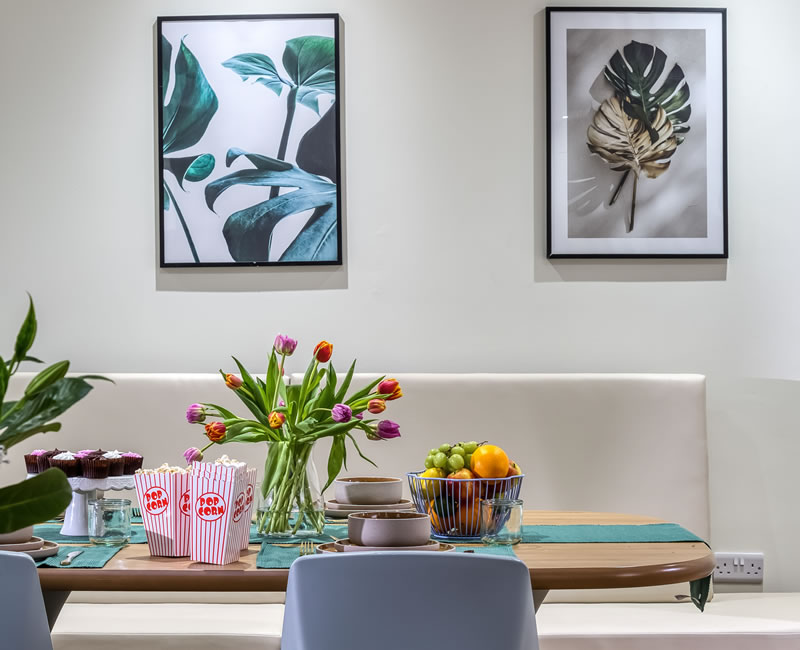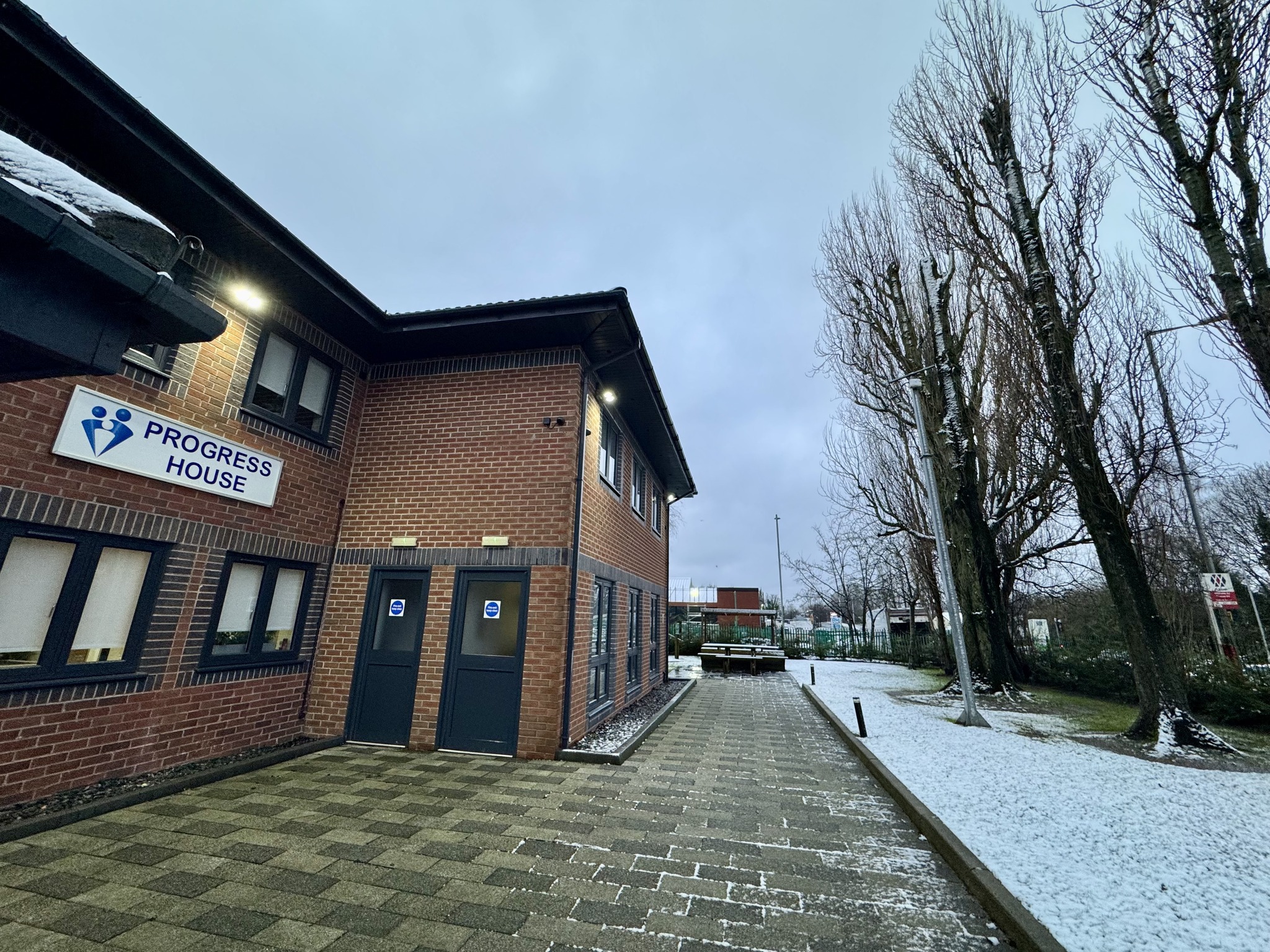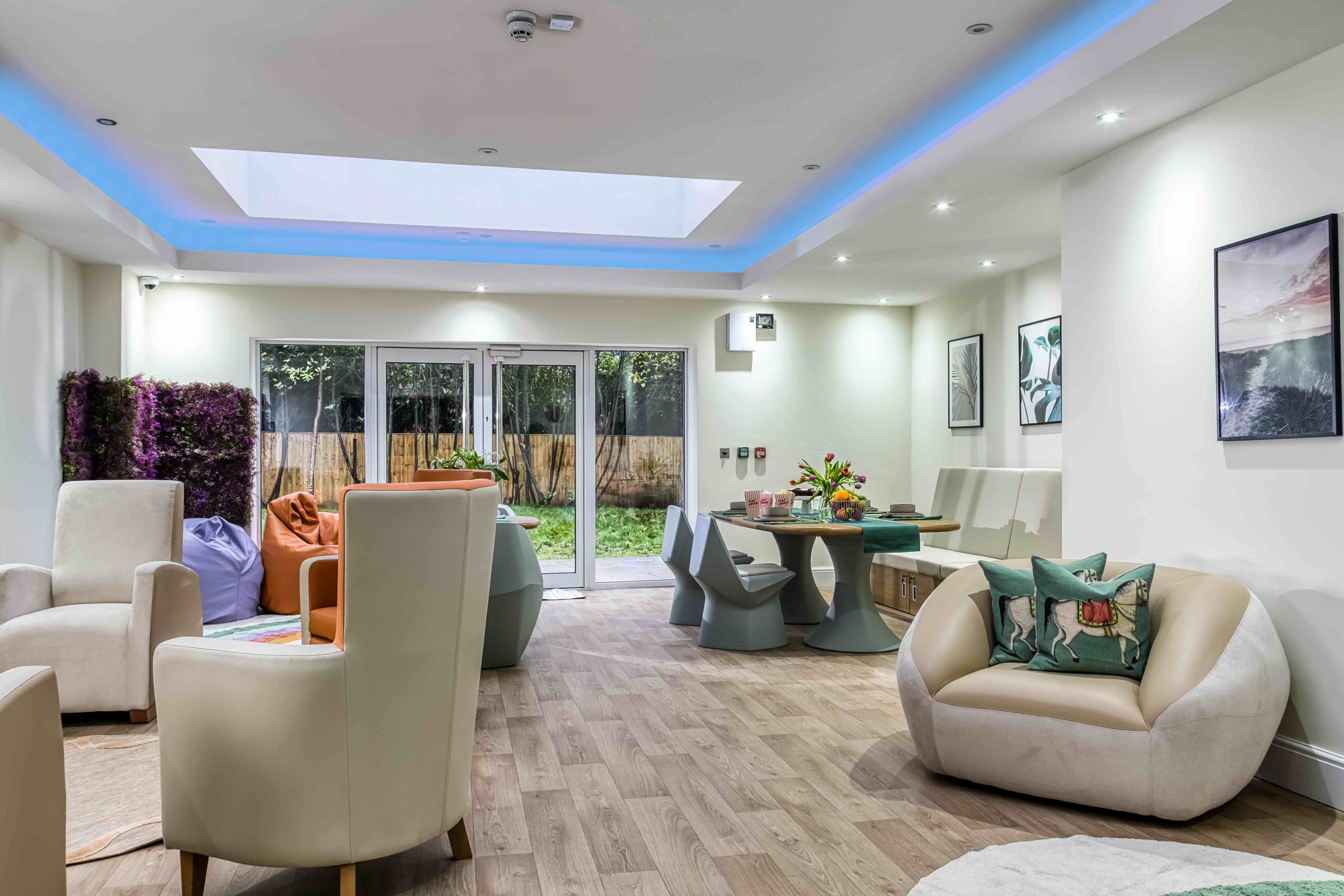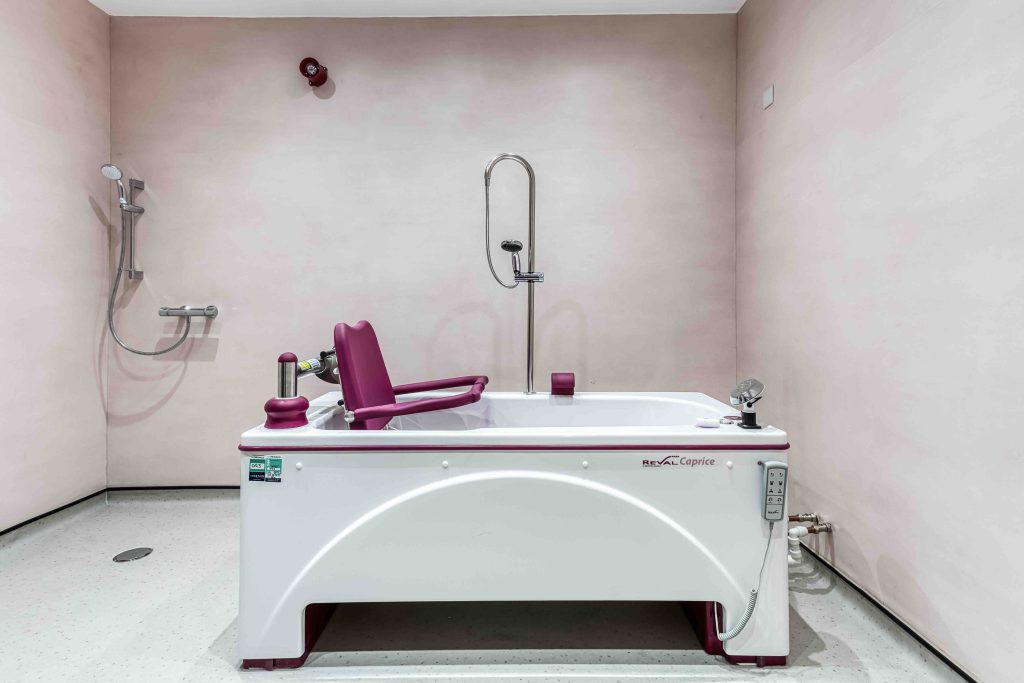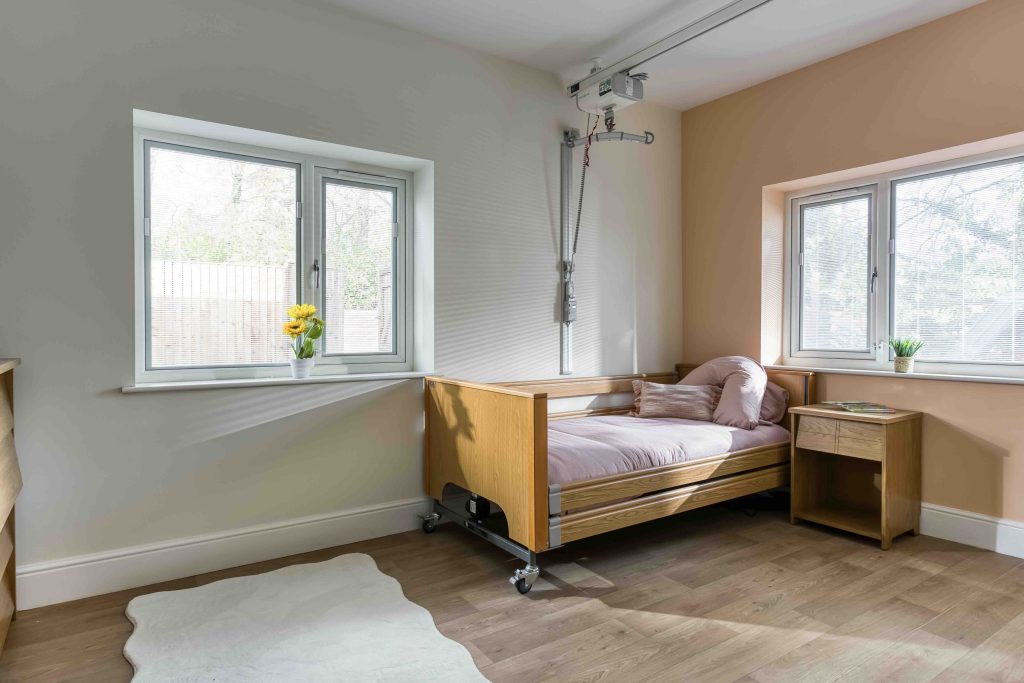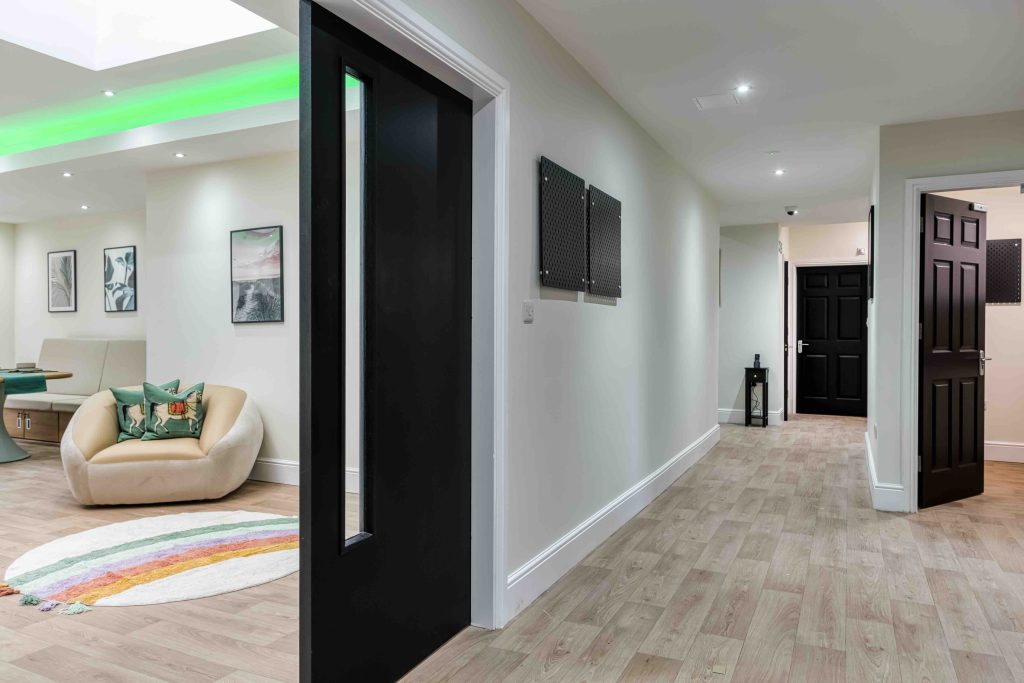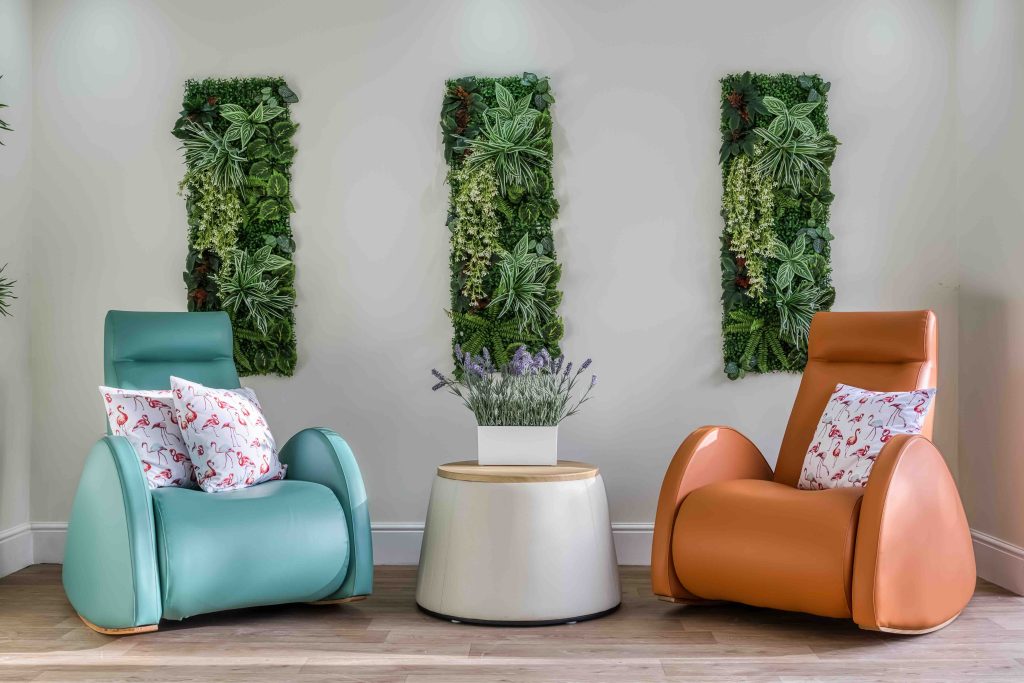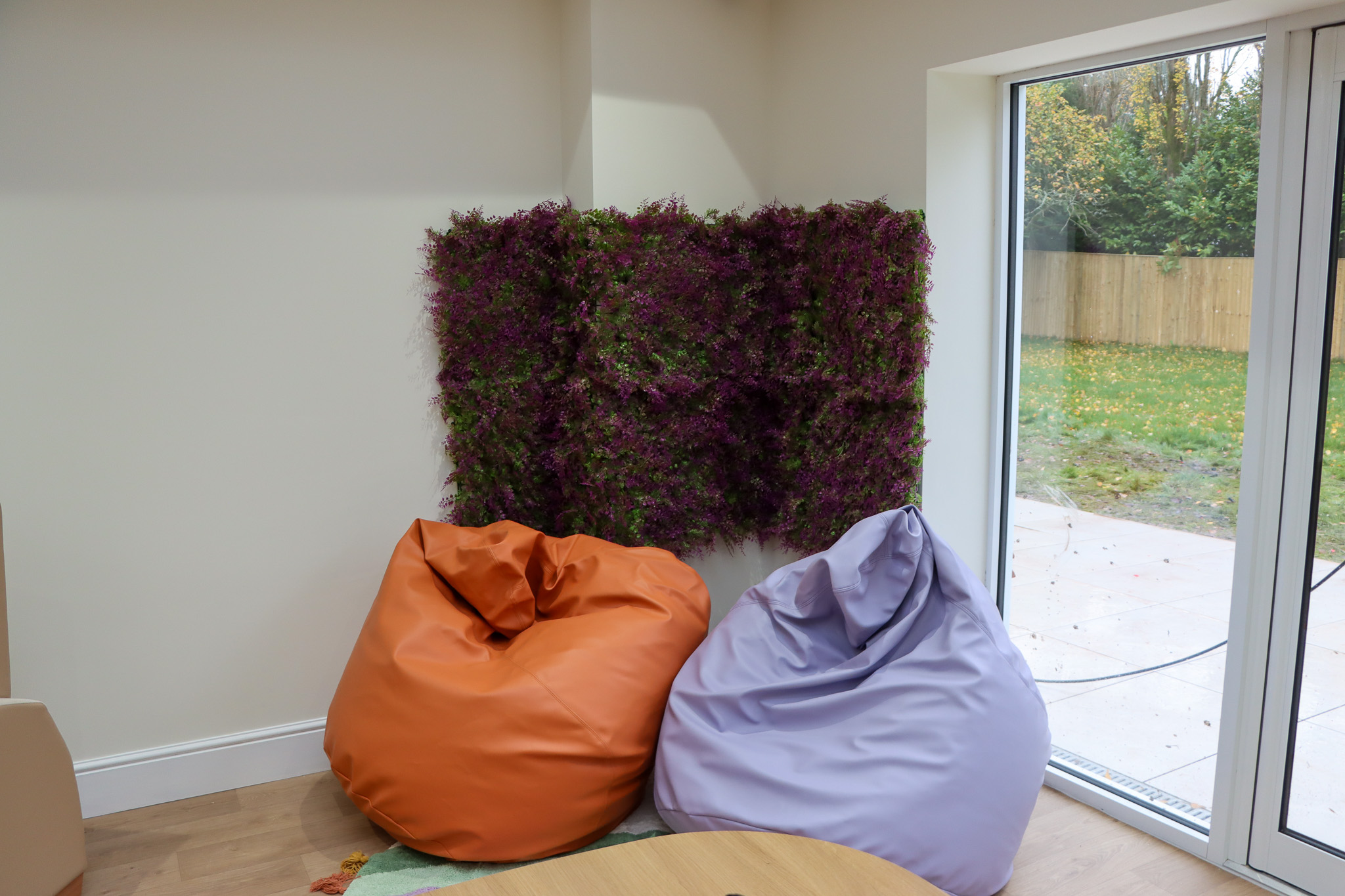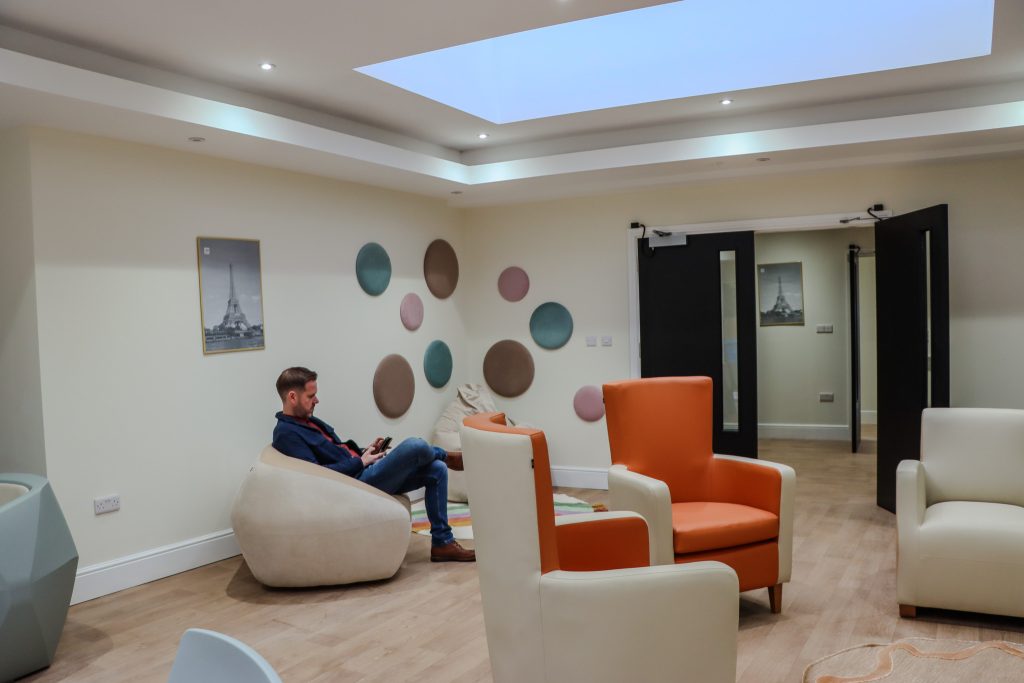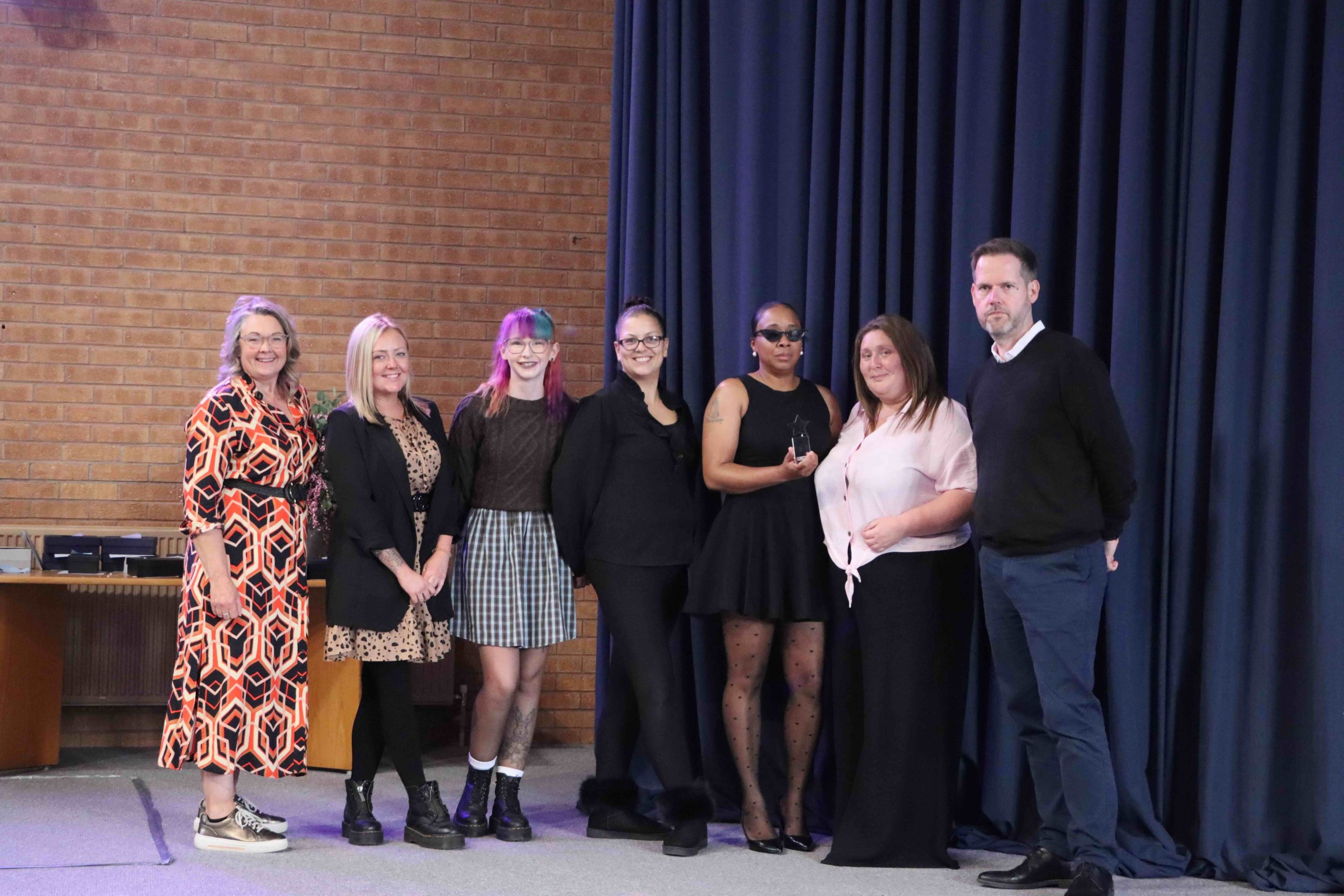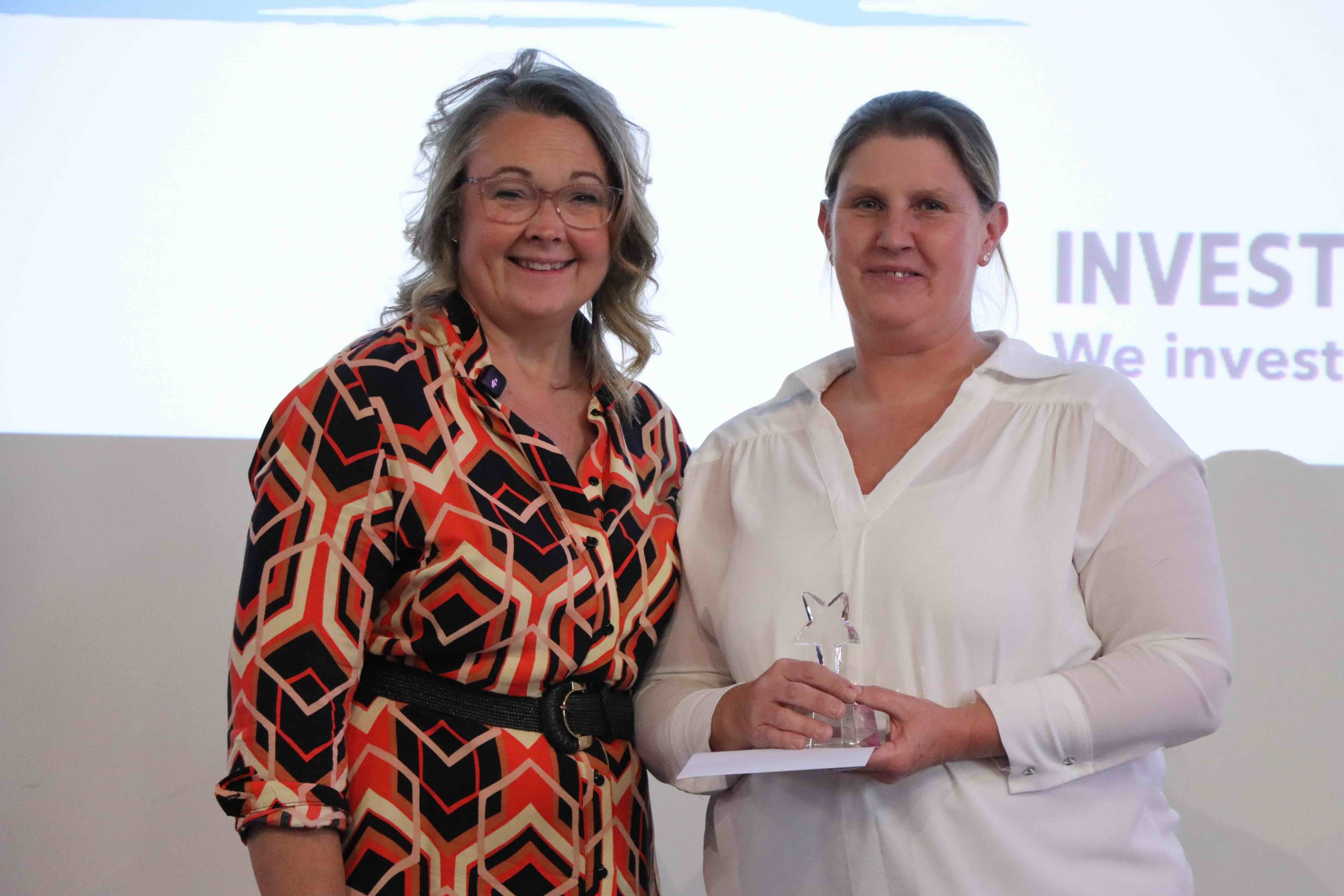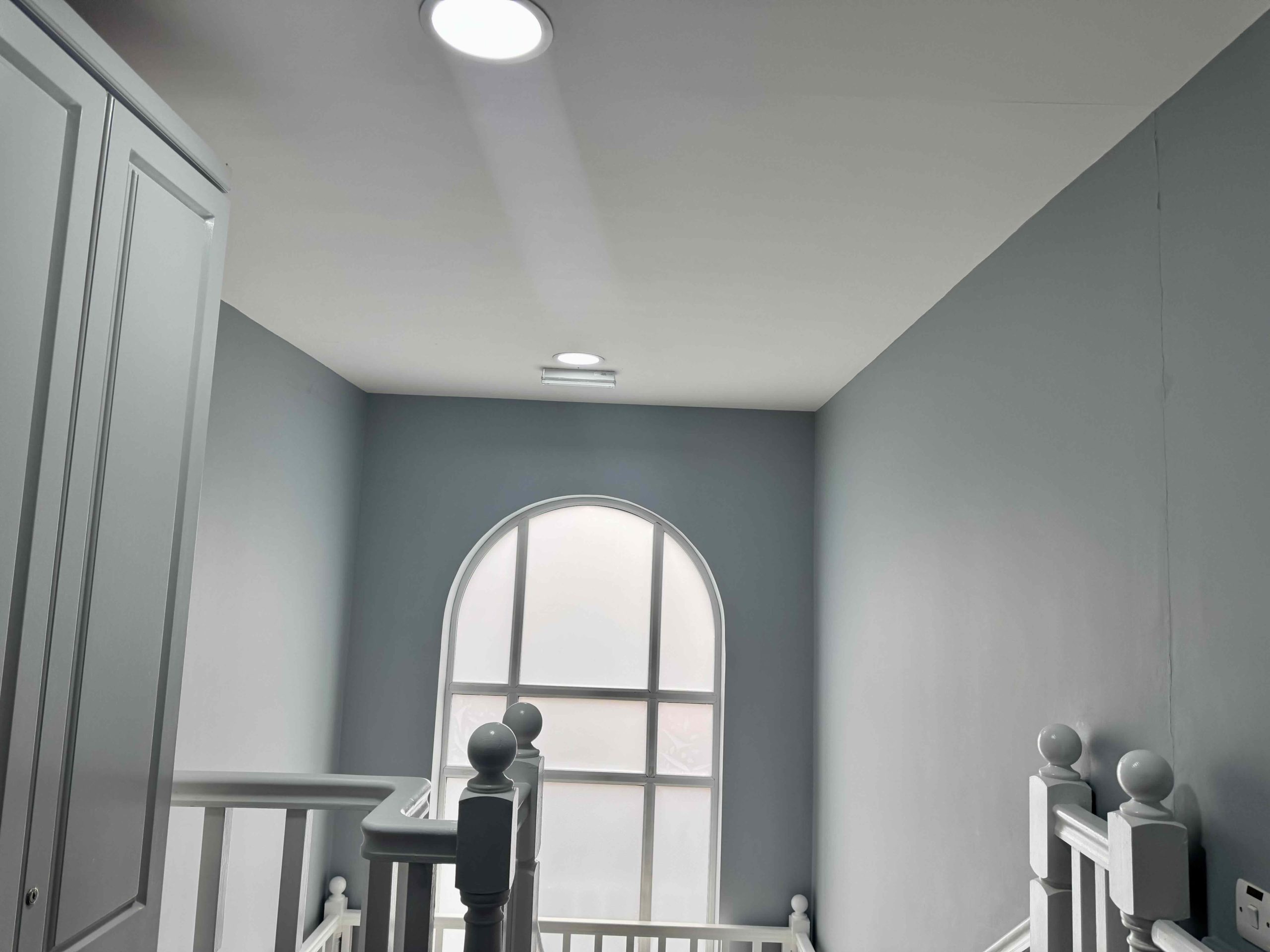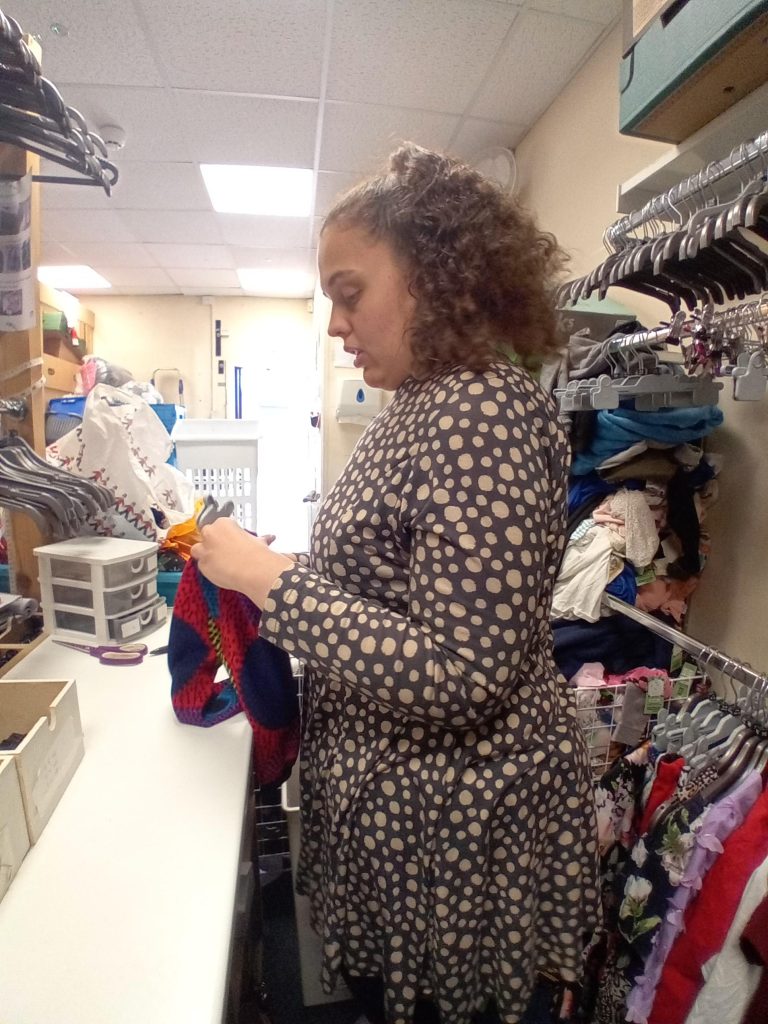I never thought I’d be in care. But if you don’t give it a go, you won’t know.
When James talks about work, he doesn’t start with job titles. He starts with people. For 25 years, his career lived in sales and customer service—banks, telesales, property management, social media. Roles that demanded patience, persuasion and, above all, an ability to read the person in front of him. Trustworthiness mattered. Reliability mattered. Treating people as individuals mattered most of all. What didn’t seem to fit, at least not on paper, was care.
“For years, people kept saying to me, ‘You’d be good in care,’” James says. He always brushed it off. Sales suited him. Customer service felt familiar. And there was one thing he couldn’t quite get past: personal care. “That was the massive thing for me,” he admits. It felt like a line he wasn’t sure he could cross. So he kept going. Long hours. New roles. Same people-facing work. Then, at a job fair in Molineux Stadium in Wolverhampton, something shifted.
James wasn’t there looking for career opportunities in care. He wandered past stalls on internet security, imagining himself there quite comfortably. And then he turned and saw Progress. Louise and the rest of the team from Progress were standing there. Care, again. It seemed to keep appearing at moments of change in his life.
“I must have looked puzzled,” he laughs. Louise noticed and asked the question James had been dodging for years: had he ever thought about working in care?
He was honest. Kind of. But the personal care aspect had always put him off. Louise didn’t push. She simply suggested he give it a go. That was it. No grand speech. No pressure. Just permission to try. James wanted something different. After decades in customer service and sales, he was ready for a new challenge—one that still involved people, but in a more meaningful way. He wanted flexibility. He wanted something he could stay with. Something that felt rewarding, not just financially, but personally. Care, he realised, might be that thing.
His first day at Progress came with nerves. He started on 8 December, walking into induction at the Head Office apprehensive, unsure what to expect. Those nerves didn’t last long. “The staff were lovely,” he says simply. “The building is great. Such a nice place to have.” What stood out most was how visible leadership was. Claire, the Managing Director, was there delivering parts of the training herself. It made an impression. This wasn’t a distant organisation. It felt present. The very next day, James was in someone’s home.
“That was intimidating,” he admits. “But it happened.”
He wasn’t thrown in at the deep end. The first shifts were about watching, listening, learning the environment, understanding the person he was supporting and the colleagues alongside him. He learned how behaviours could shift, what might trigger them, what might soothe them. He learned that care isn’t just about tasks—it’s about awareness. One of the young adults James supports has complex needs. At first, the complexity felt like a lot to process. But then James reframed it, the way he always has with people.
“You start thinking about what issues they’ve had in their life,” he says. “And then you think, how can I help?”
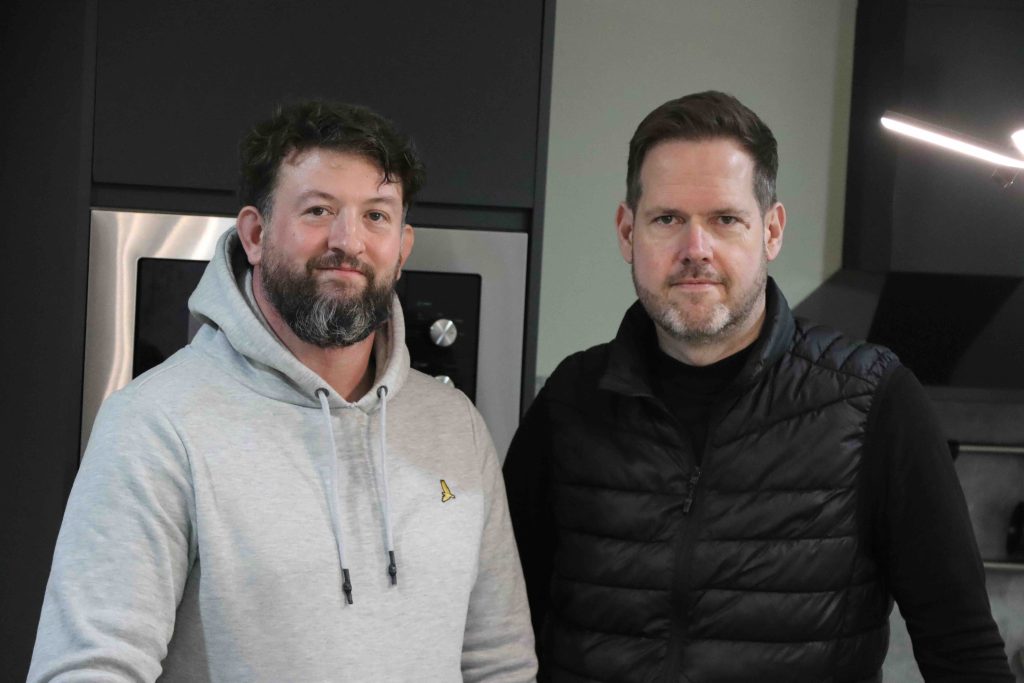
That question now guides him into every shift. “How can I make this person’s day better?” Sometimes that looks like supporting daily activities. Sometimes it’s going out—to Dudley, for example—trying to keep up with someone who moves much faster than you do. Sometimes it’s snowball fights. Sometimes it’s simply being present.
Not everyone James works with is verbal. That brings a different challenge: learning how to communicate care without words. A gentle touch on the shoulder. A calm presence. Small gestures that say, I’m here, you’re safe. There are moments that stay with him. One service user, in a wheelchair, greets him loudly and joyfully—“Hi! Hello, trouble!”—and dances whenever music comes on. At Progress Christmas Party, the joy was infectious. Another moment caught James off guard more quietly: after only three visits, that same person greeted him by name.
“That touched me,” he says. “He knows my name already.”
It’s in those moments that James feels the difference he’s making—and the difference the job is making to him. Care isn’t easy. The hours can be difficult. The needs are complex. Patience is essential. There’s repetition, unpredictability, emotional weight. But James doesn’t shy away from that. “You’ve got to be focused on the individual,” he says. “You’ve got to be patient. Loyal. Respectful.”
He sees care as an extension of everything he’s done before. Managing people’s lives, in many ways, isn’t so different from managing teams or handling complaints—it just carries far greater responsibility. The skills transfer. The stakes are higher. Training has been intense, but James welcomes it. He’s tech-savvy, comfortable with computer-based learning, and he understands why the foundation matters. Safeguarding. Medication. Fire safety. Epilepsy. Autism. Each course adds another layer of confidence.
Recently, he was signed off to administer medication. The first time doing it alone was daunting. “You’ve got to be on your game,” he says. “A tiny mistake can have a massive effect.” He’s developed his own careful process, backed by the knowledge and support of colleagues, mentors and managers who encourage questions rather than discourage them.
“I ask loads of questions,” he laughs. “And they always reply.”
That support has made all the difference. James feels trusted, prepared, and backed to succeed.
One month in, he doesn’t see this as a stopgap or a trial run. He sees a future. He wants to progress within Progress—maybe into a team leader role, maybe into management. He wants to build a career that matters. Not just for the pay, but for the reward of knowing he’s helped give someone a better life.
“I never thought I’d be in care,” James says. “But if you don’t give it a go, you don’t know.”
Now he does. And he’s glad he stopped at that stall.
Progress has rewarding career opportunities. Visit progresscare.co.uk/jobs for the latest career opportunities.




